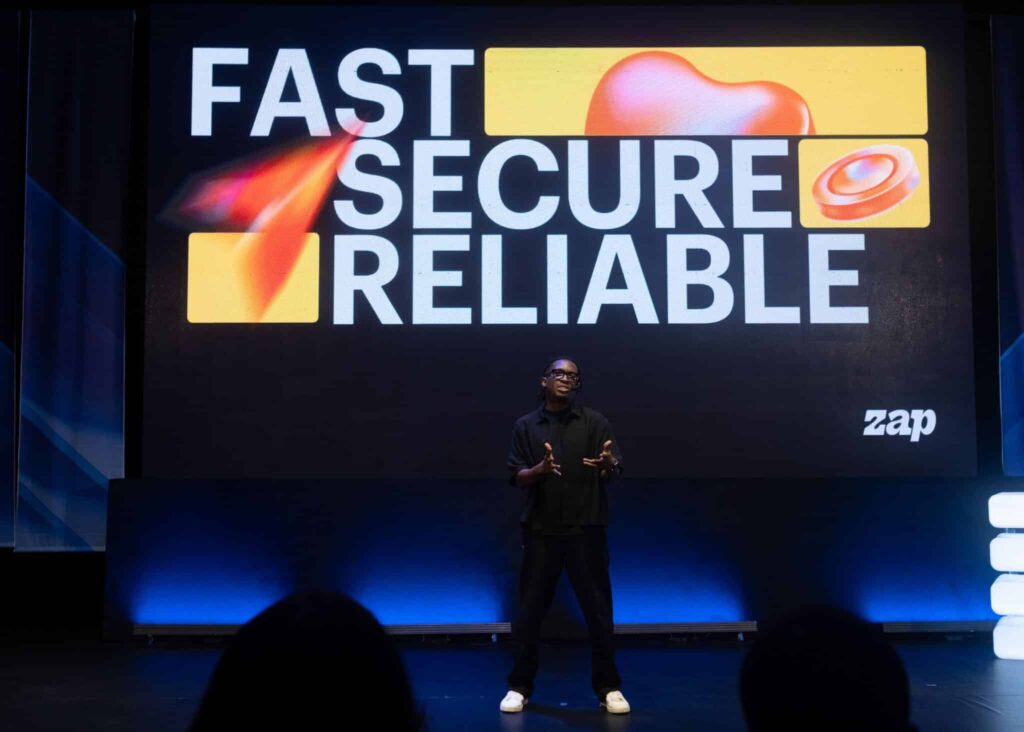Nine years after selling Paystack to Stripe for $200M, Shola Akinlade of Paystack is back with a new bet – Zap, a money transfer app built for speed. The company’s CEO, Shola Akinlade announced the launch at a special event on Monday.
According to Akinlade, instead of being another neo bank, Zap will allow Nigerians to link their existing bank accounts with the bank transfer app which they can use it for quick bank transfers.
However, only traditional bank accounts can be linked, while microfinance banks like OPay, PalmPay, and Moniepoint were not on the list of linkable accounts.
The Catch?
Zap isn’t cheap. A ₦10,000 deposit costs ₦35, and withdrawing ₦9,900 adds ₦25—₦50 in total fees. That’s pricier than competitors, but Akinlade says pricing will “evolve.”
It does have a standout feature-you can link debit/credit cards from any country. While this sounds like remittances, Paystack isn’t going after that market. “We want people visiting Nigeria to use Zap, not necessarily sending money home,” Akinlade said
Why Bank Transfers?
Transfers made up 58% of Paystack’s transactions in 2023, doubling from 2022. With Zap, Paystack wants to keep more of that money in its ecosystem-if you send Zap funds to another Paystack-linked account, the money never leaves their system.
Zap boast a very simple UX – your balance at the top, transactions in the middle, and a single “Send Money” button at the bottom.
The Competition
Paystack is now up against heavyweights like OPay, Kuda, and PalmPay who already have millions of users. To win, Zap will need more than speed – it needs competitive pricing.
But Akinlade is betting on delivering a superior transfer experience. “We are not competing against other fintechs. Our ideal users are people who send money frequently and are on the go a lot; think of Nigerians travelling across Africa. We have our audience: people who deeply care about great experiences—taste, speed, reliability
The real question: will Nigerians pay a premium for that?



